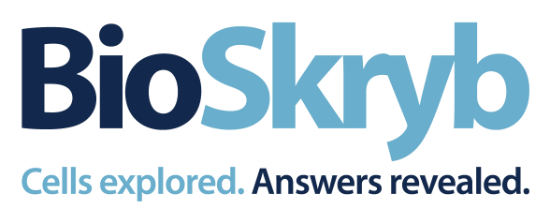
Durham Startup BioSkryb Launches Grants to Fund ‘Breakthrough’ in Single-Cell Genomics

BioSkryb is launching a grant program to secure a “breakthrough” in single-cell genomics using its proprietary technology, recently launched commercially as ResolveDNA.
The Durham-based genetics startup will support two researchers, each with a grant worth up to $20,000.
The company is accepting grant applications through Jan. 29. Winners will be announced on March 1 at The Advances in Genome Biology and Technology (AGBT) 2021 General Meeting.
“We are looking for researchers who are interested in working with best-in-class technologies,” Jay West, CEO and co-founder of BioSkryb, told the North Carolina Biotechnology Center.
“Being based in Durham, we would highly encourage Triangle researchers to apply.”
ResolveDNA is a suite of products that incorporates BioSkryb’s primary template-directed amplification (PTA) technology, which is said to capture more than 95 percent of the genomes of single cells.
Back in January, BioSkryb landed $11.5 million in an initial round of venture funding to commercialize PTA.
West said the technology overcomes limitations of current whole-genome amplification methods and provides “a high-quality, scalable, and reliable solution for many single-cell genomic applications.”
That includes cancer genomics, cardiology, neurology, immunology, toxicology, bioprocessing, and preimplantation genetic testing.
“Given that the data show the superior performance of PTA and SNV calling [single nucleotide variants], this grant program was created to empower two researchers to demonstrate how their research can fuel new discoveries."
To apply for the grant, researchers must answer three questions regarding the significance of their research, the hypothesis being addressed, and the human condition that will benefit from the studies.
Awardees will receive all materials required to perform a whole-genome sequencing workflow from sample to analysis for variant detection and characterization from single-cell and ultra-low-input samples.
